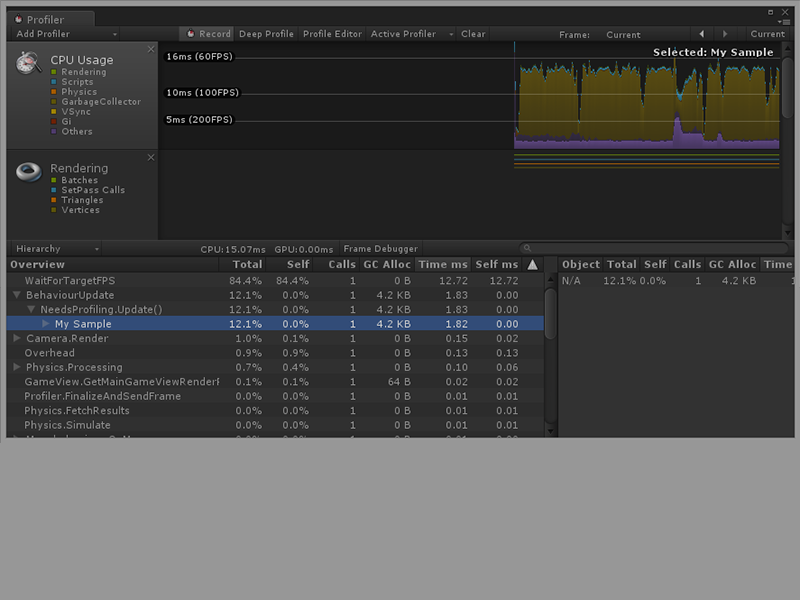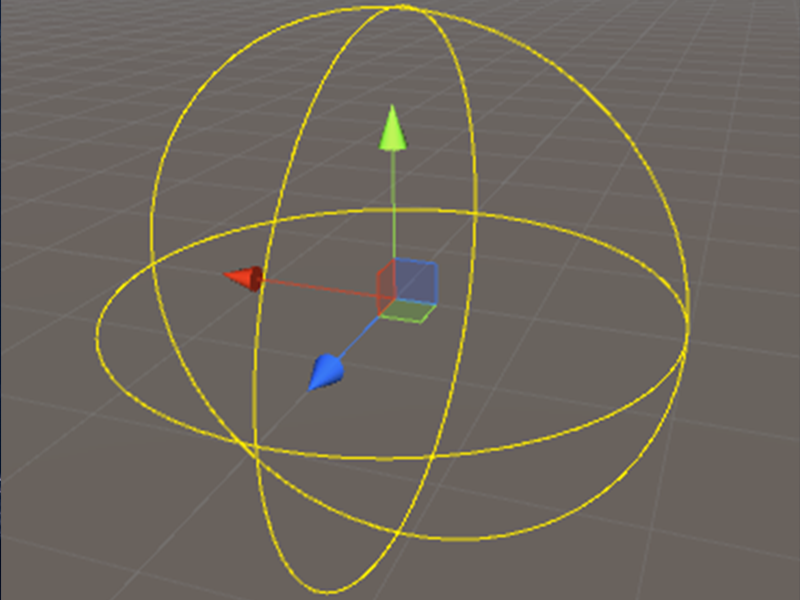Have you ever found yourself in a situation that the object you’ve put into the scene can be selected too easily or is covering some other important scene objects? What can you do about it? Well, you can disable this object every time when you don’t want to see it. However, you can easily forget about enabling it when […]
Hide or lock layer in Scene window












